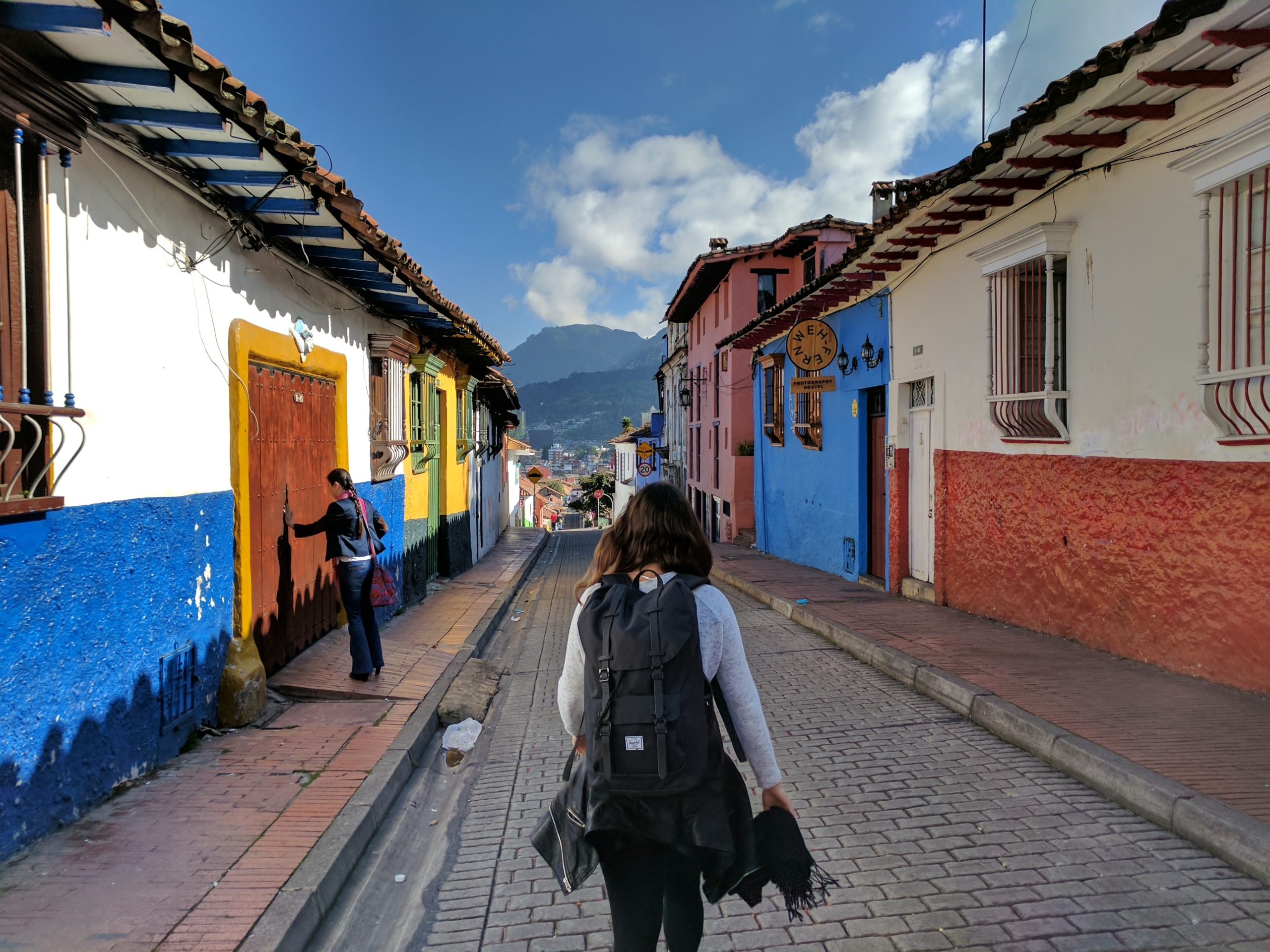Enhancing Vulnerable People’s Mental Health in Colombia
 Nunzia’s story is the story of a heroine and, like every hero, her story begins with a journey.
Nunzia’s story is the story of a heroine and, like every hero, her story begins with a journey.
Originally from Venezuela, Nunzia immigrated with her 20-year-old daughter to Cali, Colombia, where her other two children and many hopes for progress were waiting. Behind her, she left her country and her family — a hard process for every immigrant. However, all the good feelings found upon arrival turned into misfortunes and obstacles.
Normally, when someone emigrates from their home country, it is to improve their personal and economic situation. Nunzia was leaving behind a country with one of the highest poverty rates in South America. When she arrived in Colombia, however, her circumstances were worse. She was unable to find work or a home, and had to spend her days on the street. Such circumstances began to affect the mental health of her daughter.
This situation prompted her to contact the International Organization for Migration (IOM) for the first time. This organization not only helped her daughter recover her emotional well-being through its telemedicine health care service, but also provided her with a card that guaranteed her stay in the country.
Action to Get the Reaction
Nunzia met other compatriots in similar circumstances, who introduced her to the Community Health Network (CHN). This organization provides direction and instruction to enable fellow Venezuelans to obtain necessary medical care and take proactive measures to protect their health and well-being. There, she began to collaborate and help minors, immigrants and refugees, eventually leading a branch of the organization called Liderando Esperanzas (Leading Hopes). The mission: enhancing vulnerable people’s mental health in Colombia.
As part of the Liderando Esperanzas network in Cali, Nunzia found a supportive community that aided her integration into Colombian society. She gained health care skills to support other individuals in similar situations and the larger community, and became one of the 700 CHN leaders who work in 18 departments nationwide. They conduct activities on mental health, dispelling myths and emphasizing community-driven strategies like World Suicide Prevention Day, which involved 6,000 participants across 18 departments in Colombia.
Concerning Data
It is very important to stress mental health awareness in Colombia. The 2015 National Mental Health Survey (NMHS-2015) shed light on the prevalence of mental health disorders among adolescents in Colombia. Among those aged 12-17, a noteworthy 7.2% reported having experienced some form of mental health disorder at some point in their lives.
Even more alarming, the Self-Reporting Questionnaire (SRQ) showed that 12.2% of adolescents exhibited symptoms of depression or anxiety. After the 2019 COVID-19 pandemic, these issues worsened due to armed conflict in Colombia. Thus, enhancing vulnerable people’s mental health in Colombia is more important than ever.
These statistics serve as a stark reminder of the pressing need for robust mental health support and interventions tailored specifically for this vulnerable demographic. It underscores the imperative for society to prioritize mental health initiatives, ensuring that young individuals receive the care and resources they require to navigate the challenges they face.
Cases like that of Nunzia and the organization Liderando Esperanzas show the importance not only of mental health awareness, but also of helping those who have fewer resources. It is important to raise awareness about this issue among not just citizens, but also public institutions and organizations that can dedicate resources to helping the population by enhancing vulnerable people’s mental health in Colombia.
– Christian Teruel
Photo: Unsplash
